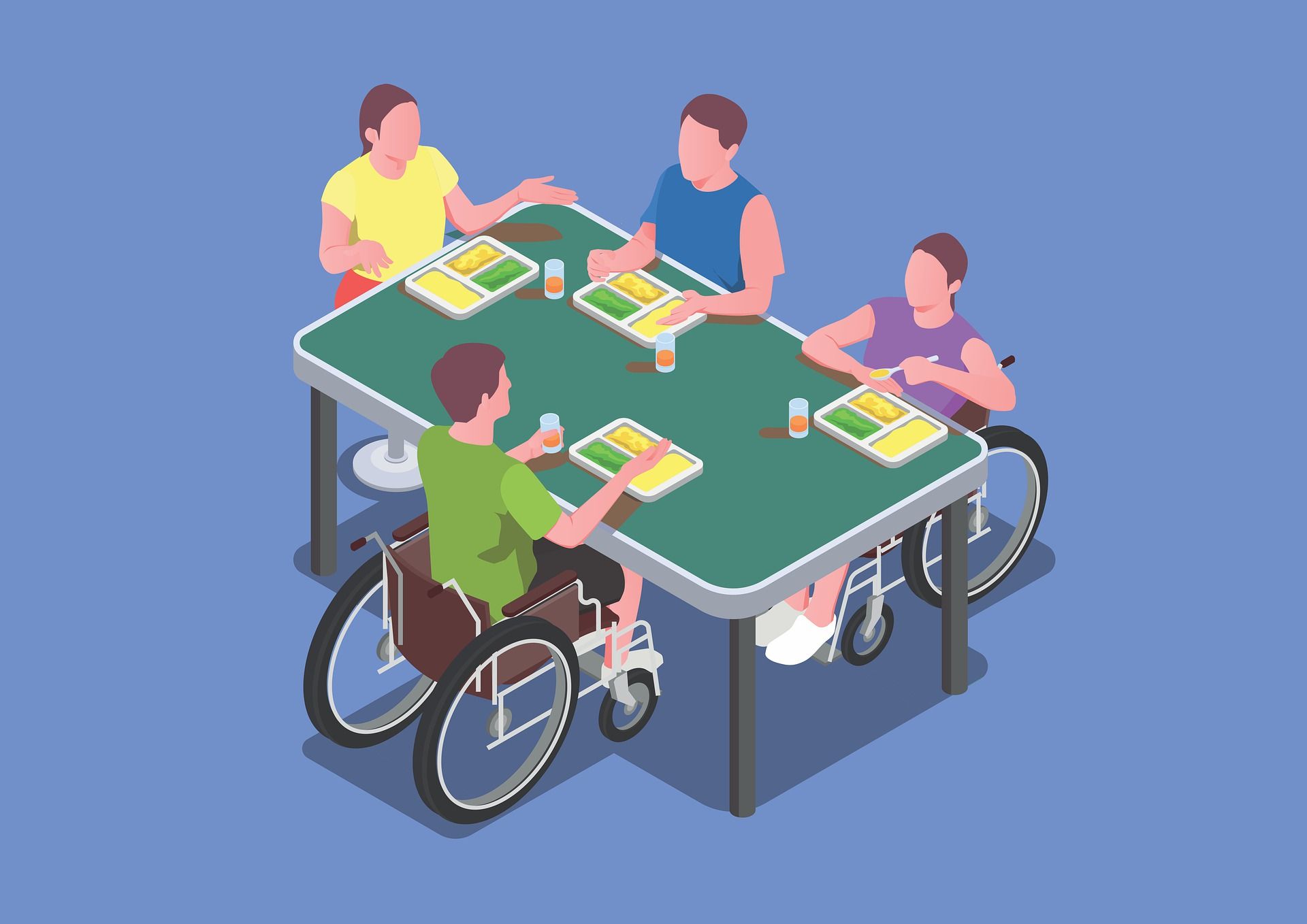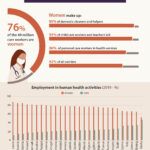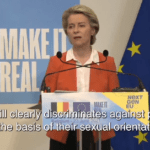Today, the European Commission announced the winners of the first European Capitals of Inclusion and Diversity Awards, aimed at highlighting towns, cities and regions across the EU leading by example in inclusive policies. The winners, spread across five Member States – Croatia, Germany, Romania, Spain and Sweden – have been recognised for their work to build fairer societies by promoting diversity and inclusion in terms of sex, racial and ethnic origin, religion and belief, disability, age, LGBTIQ rights and Roma integration.
Cologne, Germany is the gold-winner in the ‘local authorities above 50,000 inhabitants’ category for its strategy to enhance diversity and inclusion, followed by Gothenburg, Sweden (silver) and Barcelona, Spain (bronze). Croatia’s Koprivnica is the gold-winner for ‘local authorities with fewer than 50,000 inhabitants’ for its strategy to support people with disabilities, followed by Ingelheim am Rhein, Germany (silver) and Antequera, Spain (bronze). Andalucía, Spain, is the gold-winner of the third, Roma-specific category for its Comprehensive Plan for the Inclusion of the Roma Community, followed by Gothenburg, Sweden (silver) and Grădinari, Romania (bronze).
Vice-President for Values and Transparency, Věra Jourová said: “We have seen that in times of crisis, vulnerable groups face increased risks. Today, we honour these cities that are leading by example in protecting the dignity and freedom of everyone in our communities. As we celebrate the winners, we are reminded of the importance of such initiatives in support of the values which represent our union, at whichever level that may be.”
Commissioner for Equality, Helena Dalli said: “Congratulations to all the winners of the first European Capitals of Inclusion and Diversity Award, as well as to all 82 local authorities that responded to the European Commission’s call to promote and support diversity. Today, these local authorities have showcased in the best possible way how together we can uphold equality and diversity and strive to be inclusive for all.”
Background
Launched within the EU’s Anti-Racism Action Plan 2020-2025, the annual European Capitals of Inclusion and Diversity Awards are part of the Commission’s work towards a Union of Equality.
Applications for the first edition were open from 22 November 2021 – 15 February 2022. Applicants in all categories were attributed points by a jury of experts across a range of criteria, including the nature and scope of initiatives, their impact, and the involvement of people exposed to discrimination in policy-making.
The winners of this year’s Awards were announced during an online ceremony held today, marking the launch of the 2022 European Diversity Month.
The European Diversity Month was first held in May 2020 as part of the 10th anniversary of the EU Platform for Diversity Charters. It celebrates efforts by organisations to help build equal and inclusive environments for the benefit of all. This initiative is part of the European Commission’s commitment to fight discrimination and promote diverse and inclusive workplaces.
The EU is funding initiatives to promote diversity and inclusion and combat inequalities and discrimination, including among the Roma. With a €1.55 billion over the period 2021-2027, the Citizens, Equality, Rights and Values (CERV) programme is the biggest ever EU fund to promote rights and values in the EU.
Source: European Commission







Leave a Reply